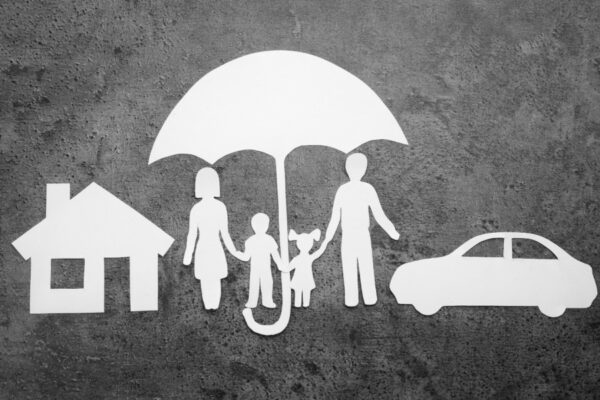The Federal Motor Carrier Safety Administration (FMCSA) published a final rule on October 7, 2021, to mandate state driver’s licensing agencies (SDLAs) to access and use information from the National Drug and Alcohol Clearinghouse (Clearinghouse) before issuing commercial driver’s licenses (CDLs) or commercial learner’s permit (CLPs). Specifically, the amendment requires SDLAs to:
- Remove the CLP or CDL privileges from the driver’s license of individuals subject to a CMV driving prohibition. This would result in a downgrade of the license until the driver complies with return-to-duty requirements; and
- Refrain from issuing, renewing, upgrading or transferring a CDL or CLP for any individual who is prohibited under FMCSA’s regulations from performing safety-sensitive functions, including driving a commercial motor vehicle (CMV), due to one or more drug and alcohol program violations.
Currently, most SDLAs do not receive drug and alcohol program violation information about CDL or CLP holders licensed in their state. As a result, many CDL and CLP holders continue to operate CMVs despite driving prohibitions on their records. The FMCSA has stated it is issuing this rule to improve highway safety by ensuring that CLP or CDL holders with drug and alcohol program violations do not operate a CMV until they complete the return to duty process and can lawfully resume driving. The rule is also aimed to help employers ensure that only CLP or CDL drivers are performing safety-sensitive operations.
Upcoming Important Dates:
- November 8, 2021 – Final rule effective date.
- November 18, 2024 – Final rule compliance date. SDLAs must achieve substantial compliance with the applicable requirements of the final rule as soon as practicable, but not later than this date.
Material posted on this website is for informational purposes only and does not constitute a legal opinion or medical advice. Contact your legal representative or medical professional for information specific to your legal or medical needs.



